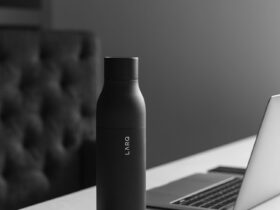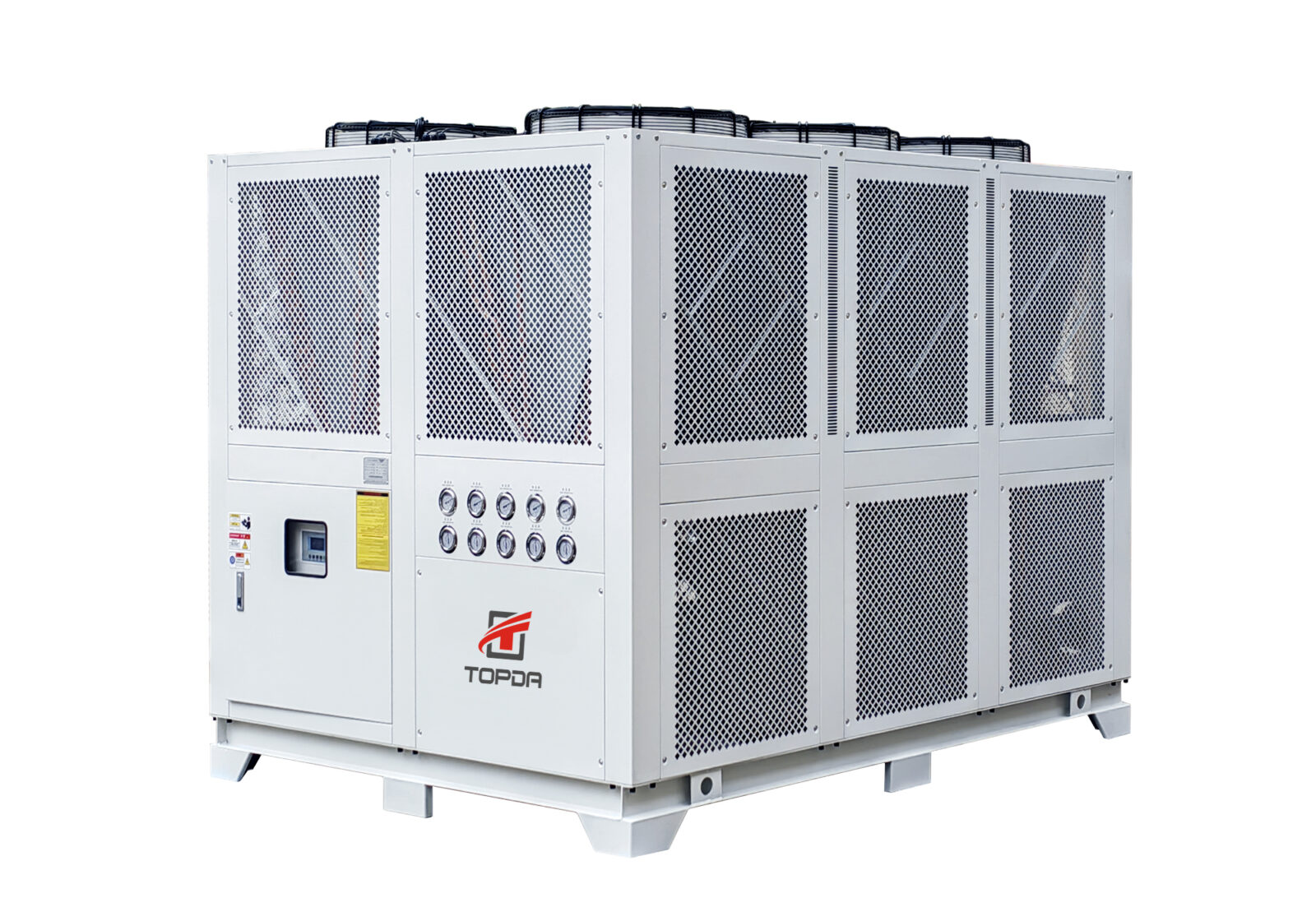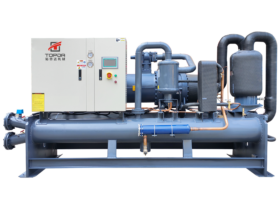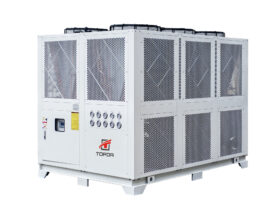
In today’s modern world, cooling systems have become an essential part of various industries, including commercial, residential, and industrial sectors. One of the most commonly used cooling systems is a chiller, which is a device that plays a crucial role in maintaining optimal temperatures in buildings, industries, and other applications.
A chiller is an industrial equipment that uses vapor compression or absorption refrigeration to cool water or brine, which is then circulated through a system of pipes to cool the surroundings. The cooled fluid, often referred to as a “chilled water loop,” is used to lower the temperature of the surroundings, making it suitable for various applications.
Chillers are widely used in various industries, including:
- Data centers and server rooms to cool electronic equipment
- Air conditioning systems in large commercial buildings, such as office buildings, hospitals, and shopping malls
- Air conditioning systems in residential complexes, such as apartments and condominiums
There are several types of chillers available, including:
- Vapor compression chillers: These are the most common type of chiller and use a refrigerant to transfer heat from the cooled fluid to the outside air or a heat exchanger.
- Absorption chillers: These use heat to generate cooling, making them suitable for applications where energy efficiency is a priority.
- Adsorption chillers: These use a low-temperature heat source and a desiccant material to generate cooling.
- Rotary screw chillers: These use a combination of compression and expansion to generate cooling.
Chillers work by using refrigeration to cool the water or brine, which is then circulated through the system of pipes to cool the surroundings. The refrigeration process involves the following steps:
- Evaporation: The refrigerant is converted into a gas as it absorbs heat from the water or brine.
- Compression: The refrigerant gas is compressed, causing its temperature to increase.
- Condensation: The hot refrigerant gas is cooled, causing it to condense into a liquid.
- Expansion: The liquid refrigerant is forced through a valve, reducing its pressure and allowing it to expand.
- Evaporation (again): The cold, low-pressure refrigerant absorbs heat from the water or brine, cooling it down.
Chillers offer several benefits, including:
- Energy efficiency: Chillers can reduce energy consumption by up to 50% compared to traditional air conditioning systems.
- Reliability: Chillers are designed to provide consistent cooling, making them suitable for critical applications where downtime is not an option.
- Flexibility: Chillers can be configured to meet specific cooling demands, making them suitable for a wide range of applications.
- Scalability: Chillers can be sized to meet the cooling needs of small or large spaces, making them suitable for a wide range of applications.
In conclusion, chillers are an essential component of modern cooling systems, providing efficient and reliable cooling solutions for various industries. Whether it’s a large commercial building or a small data center, chillers are designed to meet specific cooling demands, offering energy efficiency, reliability, flexibility, and scalability.
Frequently Asked Questions
Q: What is the difference between a chiller and an air conditioner?
A: A chiller is designed to cool water or brine, which is then circulated through a system of pipes to cool the surroundings. An air conditioner, on the other hand, cools the air directly.
Q: How does a chiller work?
A: A chiller uses vapor compression or absorption refrigeration to cool water or brine, which is then circulated through a system of pipes to cool the surroundings.
Q: What are the benefits of using a chiller?
A: Chillers offer several benefits, including energy efficiency, reliability, flexibility, and scalability, making them suitable for a wide range of applications.
Q: Can a chiller be used in a residential setting?
A: Yes, chillers can be used in residential settings, such as apartment complexes or condominiums, to provide efficient and reliable cooling solutions.
Q: How often should a chiller be maintained?
A: Regular maintenance is essential to ensure optimal performance and longevity of a chiller. This typically includes cleaning the condenser coils, checking the refrigerant levels, and monitoring the system’s performance.
Note: The above content is in HTML format and includes a conclusion section and FAQs section at the end. The title is missing as per your request.












Leave a Reply